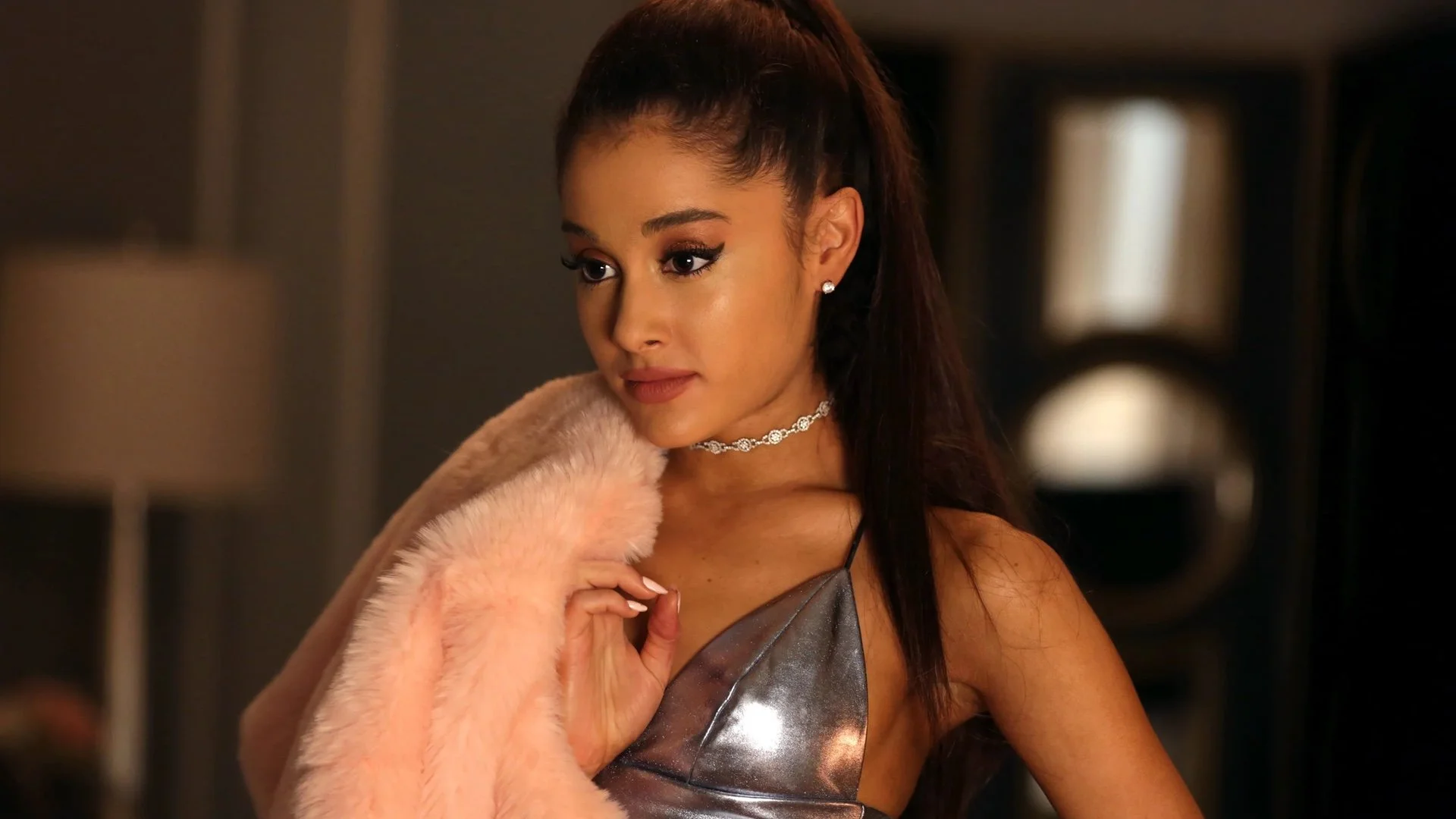What goals did you have while writing this movie?
Maia Mazauette: After my first documentaries on pleasure, which focused on what is going on in the head, I wanted to attach the themes of sexuality and gender to the body, to speak concretely about the female gender. Then I wanted to address all the audience, especially young people. I thought of thousands of questions that young women might ask themselves, such as menstruation, hairiness, the appearance of the penis, its smell… Men can also be uncomfortable with these issues.
Witness many men and women of various ages, backgrounds and sexualities, as well as experts. How did you choose them?
We launched a call for witnesses. Men were harder to find. There is a self-censorship in matters related to the feminine at home. They don’t always feel legitimate. But it was important to show their point of view.
Did you encounter any particular difficulty?
The image issue was complex. The documentary, which aired on prime time, was supposed to be accessible to everyone. We had to adapt within a binding legal framework. We really struggled to figure out how to say everything without showing anything, using all possible metaphors. The difficulties encountered in the development of this documentary eventually became the subject of TV series. For example, we wondered how we would represent the female gender. We decided to devote a portion of the film to this topic. Exactly the same with the question of vocabulary to indicate.
The subject is much more sensitive than it seems…
Definitely ! Words are never innocent, they can aim to damage a person’s reputation. They are also often misused: we refer to the vagina to denote the vulva and vice versa. We are faced with an absolute paradox: thriving in a society where we have the impression that we are constantly talking about sex, while we have neither the right words nor the images to fully describe the female gender.
By the way, wanted to remove some taboos?
First of all, it was a question of questioning what taboos led to. When body hair, periods, smells are taboo, it means you don’t know who to turn to on the day of a problem because you don’t dare to tell your family or friends, or even your health. professionals. We can also be influenced by partners who tell us our sex doesn’t look right or that we’re not ejaculating properly. Breaking taboos is a way to regain power and find arguments to defend your well-being and rights.
Do you already know what the subject of your next documentary will be?
Nothing has been decided yet, but I really want to dedicate this to the male gender and all its components, such as the prostate. There is little talk of men’s tastes and complexes. I look forward to discussing with them what pornography brings in terms of size, hardness, performance…
Desire: at the heart of the female gender on Tuesday, May 23 at 11:25 PM TMC
INTERVIEW WITH KATIA DE LA BALLINA
Source: Programme Television
Joseph Fearn is an entertainment and television aficionado who writes for The Fashion Vibes. With a keen eye for what’s hot in the world of TV, Joseph keeps his readers informed about the latest trends and must-see shows.





